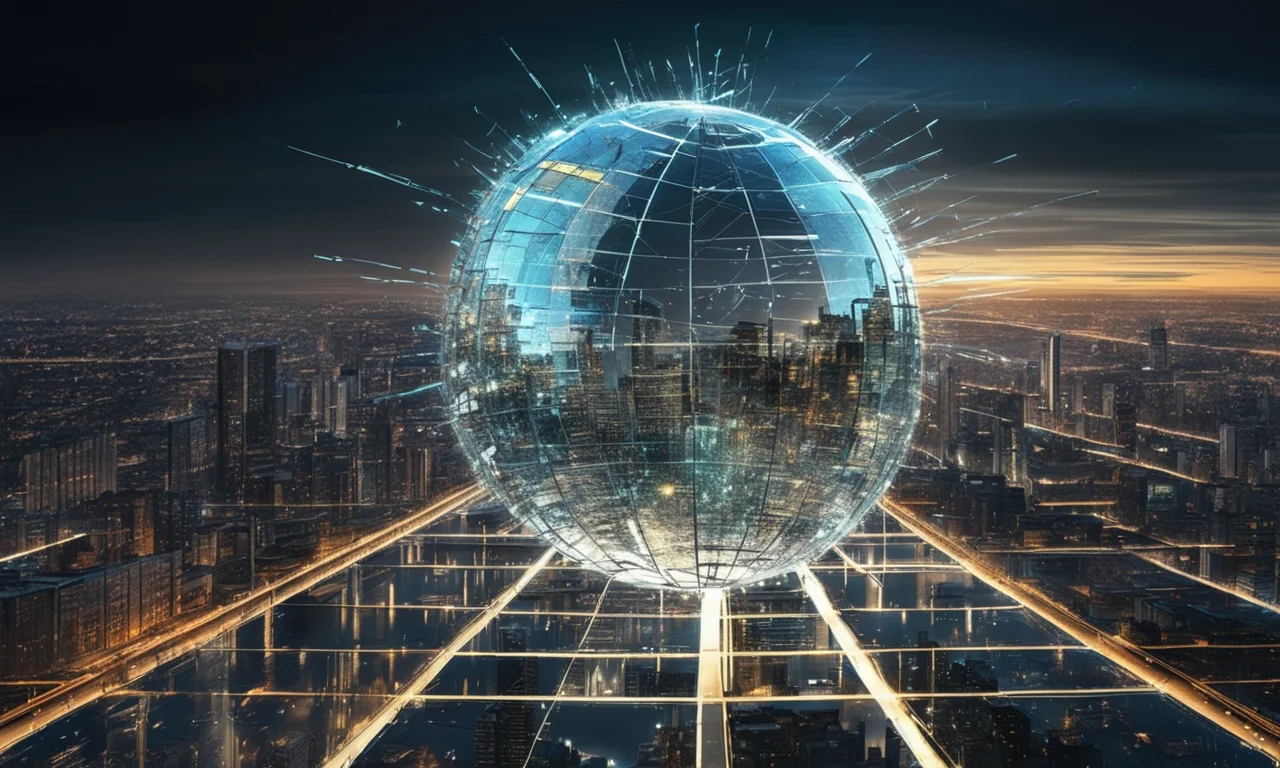
Tech Industry Faces Reckoning Over Innovation's Societal Impact
The surge in AI and space investments prompts urgent calls for accountability and authentic progress.
Technology discussions on Bluesky today reveal a striking tension between the promise of innovation and the reality of its societal impact. While the industry trumpets its breakthroughs, users and commentators are raising sharp questions about whether these advances deliver more than a superficial sheen. The conversation is shifting from mere celebration to a nuanced reckoning with what our high-tech future really means.
Innovation's Double-Edged Sword
Major players like Nvidia are pouring resources into AI startups, with over 80 investments highlighted in a recent TechCrunch report, signaling an aggressive bet on the sector's transformative power. Meanwhile, space technology's evolution from science fiction to commercial reality is showcased by Bridgit Mendler's transition from Disney star to Northwood Space CEO, as featured in the upcoming TechCrunch Disrupt event. These stories paint a picture of rapid growth, but beneath the surface, questions about responsible deployment and oversight are simmering.
"This fetishism of the very idea of Technology, of course, is primarily occupied with the aesthetics of it."- @profaneannalist.bsky.social (18 points)
Concerns over accountability are underscored by Deloitte's swift adoption of Anthropic's Claude AI for 500,000 employees, despite issues with fabricated citations and regulatory backlash, as discussed in the TechCrunch Equity podcast. Even consumer-facing applications are not immune, with Strava's move toward an IPO raising skepticism among longtime users about the risk of “enshittification”—a term now ubiquitous in tech circles, as seen in recent discussions on the platform.
"Supposedly we have developed highly sophisticated military technology, capable of absolute precision. Heck, a sniper can land a shot from over 2 miles away. Why, then, does Gaza City look like this? Are all of those 'high-tech' advances just 'thing go boom a lot'?"- @carolynownbey.bsky.social (33 points)
Disenchantment and Demand for Authentic Progress
The mood among tech veterans is distinctly jaded. Longtime users lament how the intoxicating optimism of the early internet era has soured, with one commentator recalling the thrill of upgrading from Windows 3.1 to 95—only to contrast it with today's disillusionment in a widely shared post. The current cycle of “capitalist innovation” has, for many, replaced genuine progress with superficial upgrades and relentless monetization, prompting calls for an “internet 2” and a return to more open, user-centric platforms.
"You and me both brother. Making this slop is my career and it's so grim now I'm looking for other industries. Just makes the world worse."- @jww.wtf (0 points)
Protection for vulnerable users is receiving overdue attention, with tools like ZoraSafe aiming to shield parents and grandparents from online threats—an effort amplified at TechCrunch Disrupt. Yet, skepticism persists: are these solutions substantial, or do they merely extend the aesthetic “fetishism” that plagues the sector, as highlighted in critical perspectives like Aldia (Dee)'s analysis?
Elsewhere, the gaming world buzzes with anticipation over next-gen tech—Sony and AMD's Project Amethyst update stirs excitement among developers, while the broader community keeps an eye on shifts in transportation innovation, as TechCrunch Mobility frames the sector's evolving landscape. These pockets of optimism show that, for all its flaws, the tech industry's creative drive is not yet extinguished—but the demand for authenticity and meaningful progress grows louder by the day.
Journalistic duty means questioning all popular consensus. - Alex Prescott